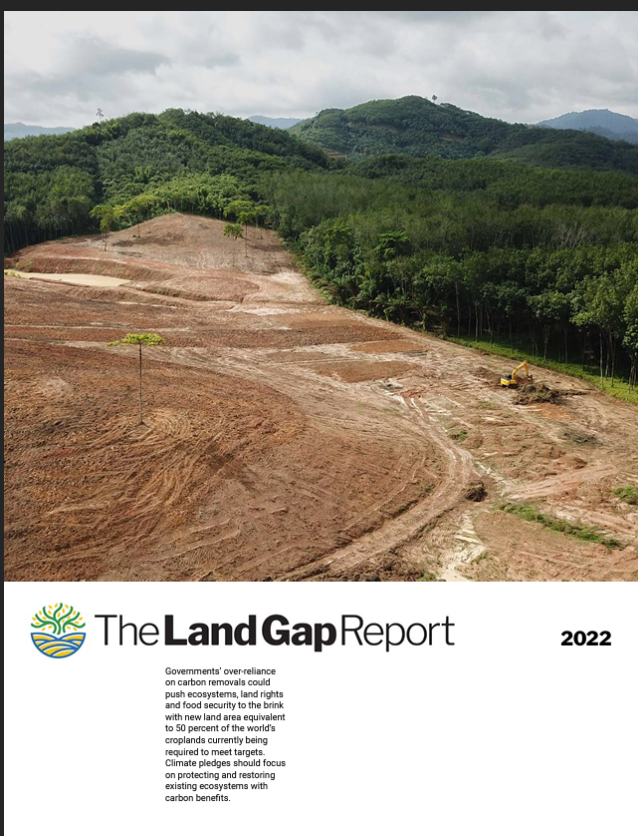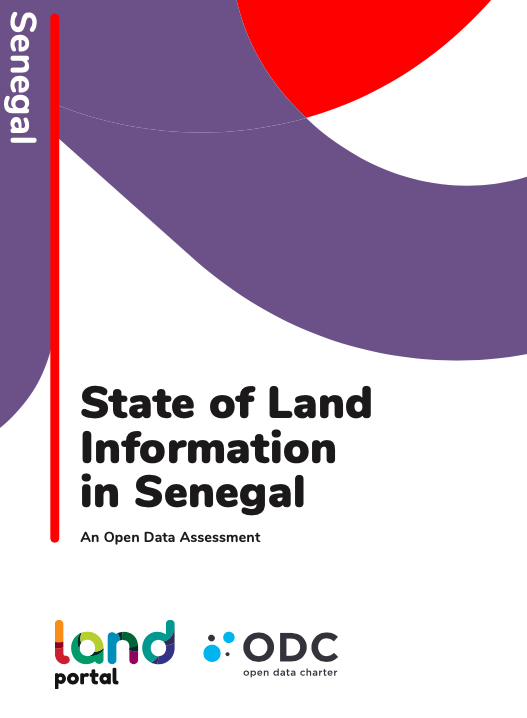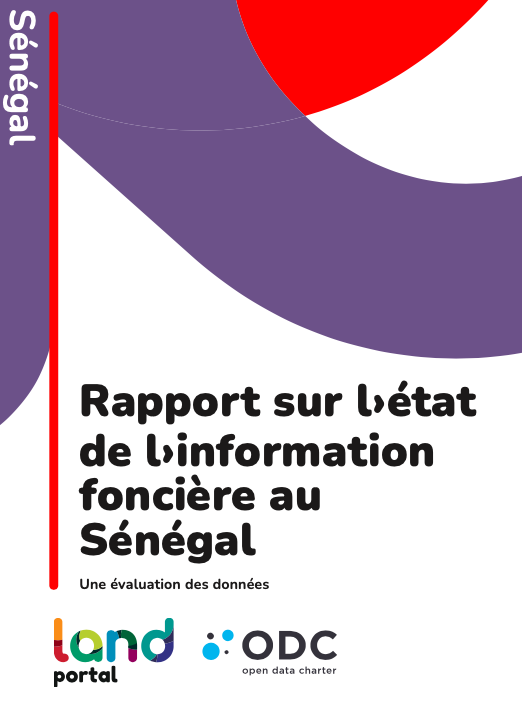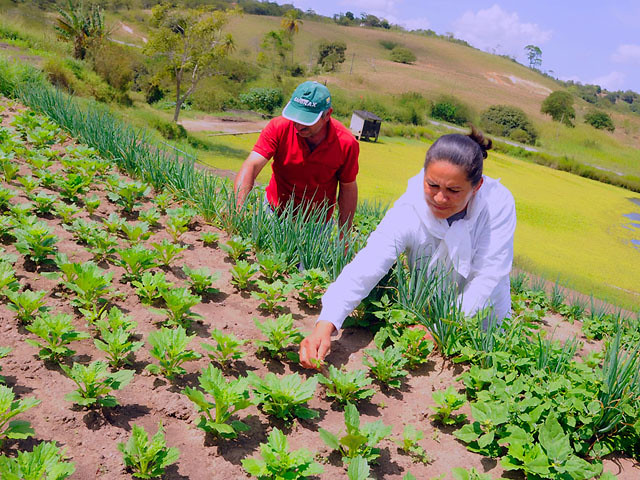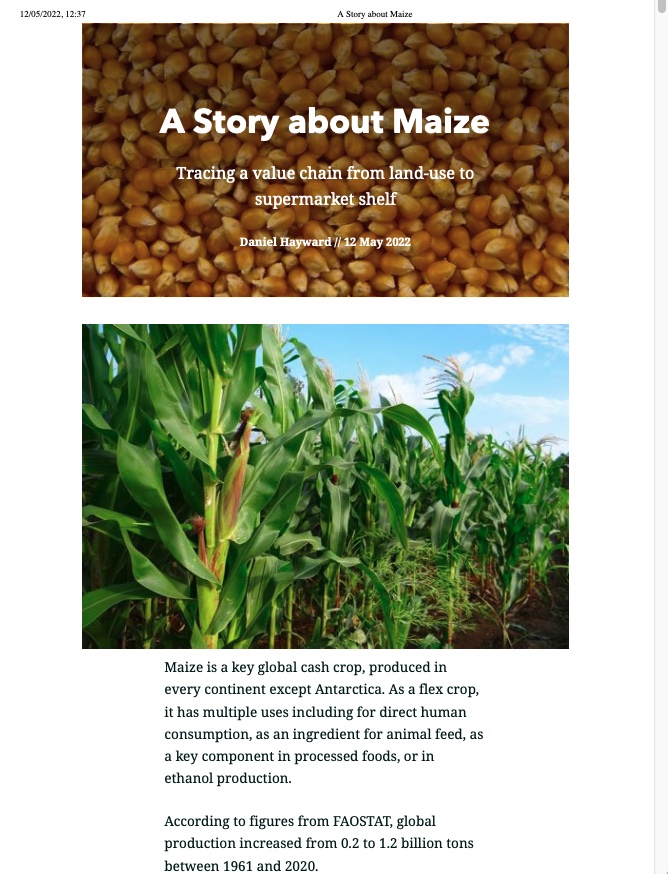Identification of suitable land for supplemental surface irrigation in semi-arid areas of North-western Ethiopia
In arid and semi-arid areas, a shortage of soil moisture limits rainfed crop growth and consequently reduces crop yield. By adding a small amount of water, supplemental irrigation can boost crop yields dramatically.
The Land Gap Report
This report looks at how Governments are using land in climate pledges. An international team analyzed commitments made for years 2030, 2050, and 2060 — looking at individual pledges and the implications for land use. The data should be considered a first approximation. Many national plans are still vague.
State of Land Information in Senegal Report (English)
This State of Land Information (SOLI) report is an analysis of the current state of land data in Senegal, assessing the availability of land information and the compliance of this information with open data standards.
Rapport sur l'état de l'information foncière au Sénégal (FRANÇAIS)
Ce rapport sur l'état des informations foncières (SOLI) est une analyse de l'état actuel des données foncières au Sénégal, évaluant la disponibilité des informations foncières et la conformité de ces informations avec les normes de données ouvertes.
Agricultura familiar y seguridad alimentaria en el Perú
RESUMEN EJECUTIVO
The value of so-called ‘failed’ large-scale land acquisitions
The land rush has remained, and is likely to remain, a significant global phenomenon despite waning international media attention. The scope of the phenomenon is likely to be wider than previously thought.
Usos da terra urbana e do território em Brasília Patrimônio Mundial e o Setor Habitacional Jóquei Clube
As áreas metropolitanas, como a de Brasília – DF, são objetos de estudo da Geografia quanto ao processo das transformações espaciais. Neste processo, dois problemas são evidenciados: o aumento da densidade populacional, e um novo ciclo de expansão urbana que valoriza o capital imobiliário e o da construção civil.
List of Bibliographic References: A Story about Maize
This list of bibliographic references is an accompanying piece to the data story written by Daniel Hayward and published by the Land Portal on 12 May 2022.
A Story about Maize: Tracing a value chain from land-use to supermarket shelf
This is the PDF version of an online data story published by Land Portal on 12 May 2022.
Analysing land policy processes with stages model: Land policy cases of Ethiopia and Rwanda
Land policies are formulated with the goal of addressing land use management challenges. Therefore, a thorough investigation is required to assess effectiveness of land policy processes. The unknown land use policy effec[1]tiveness is how and where the formulation and identification of land use problems affect the throughput of policy implementation.
A PROPRIEDADE E O USO DA TERRA NA GUINÉ-BISSAU
O regime de propriedade da terra é estruturante na organização de qualquer Estado, mas assume uma importância acrescida em estados pós-coloniais africanos, como a Guiné-Bissau, que, sendo unitários na forma, e na organização do poder político, são plurais na sua organização jurídica, económica e social.


